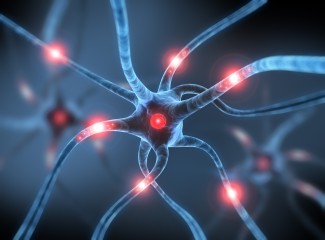Addiction Neurobiology Reading List

Neuroscience and addiction research advances have been important for understanding the neurobiological changes that occur when a person transitions from recreational substance use to a substance use disorder or addiction. Addiction neurobiology is superbly situated to benefit from numerous developments in neuroscience.
As every substance has slightly distinctive effects on the brain, knowing the neurobiological basis for acute drug reward has been key in determining how these systems evolve as addiction develops.
This reading list focuses on the neurobiology of addiction by highlighting ISSUP Knowledge Share resources and additional references on the subject:
1. Neurobiology of Addiction Webinar, which was delivered by ISSUP Lebanon, presented the basics of the neurobiology of addiction, the mechanisms of action of common substances of abuse and the clinical implications of addiction neurobiology.
2. The ventral striatum (VS) is a key zone that flexibly informs recent changes in reward mechanism for habit learning. This article highlights that long-term memory of high-valued objects is retained and can be used to assess and to guide habitual behaviour.
3. In this review about “Cannabis and Psychosis Neurobiology”, there is a discussion about the neurobiological changes due to cannabis to compare to those seen in schizophrenic patients, and the findings show similarities, but its trajectories are undetermined.
4. This research aimed to assess the relationship between early childhood trauma and the rewarding effects of morphine and pain processing. Results highlighted that the trauma group reported liking the effects of morphine and wanting more of the drug over the session, in addition the trauma group also reported fewer negative effects of the morphine.
5. This paper Co-Occurring Alcohol Use Disorder and Anxiety Bridging Psychiatric, Psychological, and Neurobiological Perspectives; provides increasing support for the neuroscientific perspective and shows that related diagnostics conditions share underlying, mutually exacerbating, neurobiological processes.
6. The Neurobiology of Opioid Dependence: Implications for Treatment - this article describes how opioids affect brain processes to generate drug liking, tolerance, dependence, and addiction.
7. Biology of Addiction Webinar organized last year by Brain & Behavior Research Foundation and presented Dr. Nestler describes the molecular, cellular, and circuit actions of drugs of abuse and how knowledge gained from this work can be used to develop more effective treatments of addiction.
